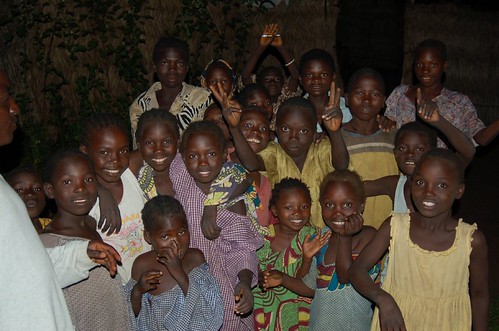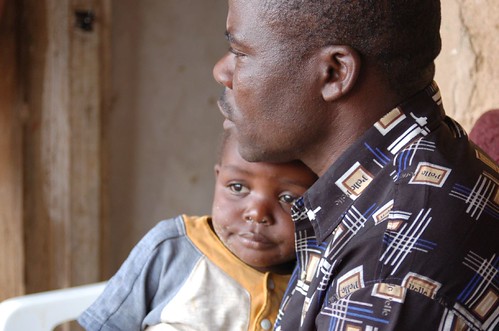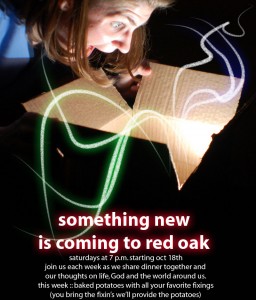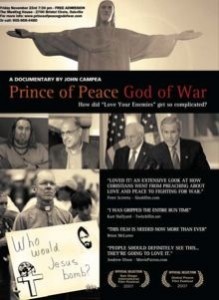Today is Blog Action Day 08 – focused on ending poverty. I caught on to this a little late. Sorry about that. But if you’ve read my blog for any length of time I think you’ll know how frustrated I get to see people living in poverty.
I think you know it rattles me crazy when folks refuse to help a brother or sister in need.
I think you know I think our reaction to the poor and to the hurting around our world is a direct indication of how we view God (and yes that can be taken multiple ways).
I don’t if I have amazing words of wisdom to share today, but thought I’d share some visual media with you to help us each reflect on the issue of poverty in the world around us.
All the media is from real people, whom I’ve had the honor and privilege of meeting and sharing life with in some way shape or form. I wish I could do more and God willing — I will. Most of the pictures are from Nigeria. The videos are from Waxahachie, Nigeria and Dallas. The point? — There are hurting people, living in poverty everywhere — all around us.
I was hungry and you gave me no meal,
I was thirsty and you gave me no drink,
I was homeless and you gave me no bed,
I was shivering and you gave me no clothes,
Sick and in prison, and you never visited.
Check Judaism. Check Islam. Check pretty much anyone.
I mean, God may well be with us in our mansions on the hill… I hope so. He may well be with us as in all manner of controversial stuff… maybe, maybe not… But the one thing we can all agree, all faiths and ideologies, is that God is with the vulnerable and poor.
God is in the slums, in the cardboard boxes where the poor play house… God is in the silence of a mother who has infected her child with a virus that will end both their lives… God is in the cries heard under the rubble of war… God is in the debris of wasted opportunity and lives, and God is with us if we are with them.






